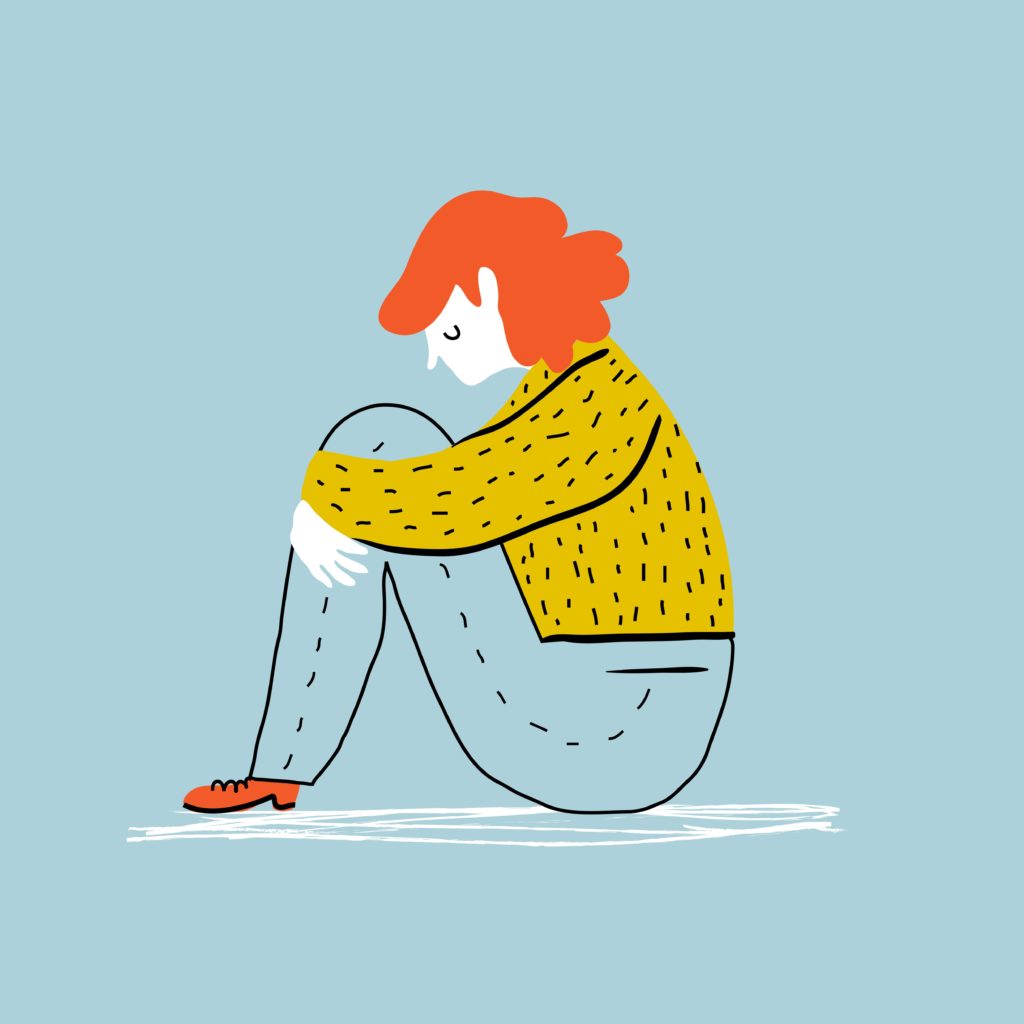Nurses should ask their patients with breast cancer about their history of depression, as it could be indicative of cancer-related fatigue they may experience, according to recent research published in Cancer.
The researchers analyzed levels of fatigue in 270 women with stage 0 to stage IIIA breast cancer. They collected data at the following points: at baseline; before (neo)adjuvant therapy with radiotherapy, chemotherapy, and/or endocrine therapy; posttreatment; 6 months; 12 months; and 18 months. The goal of the study was to determine the individual factors that affected fatigue, as well as to see how fatigue changes over time.
“To our knowledge, few longitudinal studies to date have examined individual differences in the course of fatigue from diagnosis into survivorship to identify distinct profiles of fatigue over time, despite important implications for developing a more precise understanding of cancer-related fatigue and implementing personalized interventions,” the researchers wrote.
After collecting patient data, the researchers separated patients into 5 categories:
- Stable low (66% of the population)
- Increasing, where patients’ fatigue levels were initially low and then increased over time (9%)
- Reactive, meaning that the fatigue increased at first and then decreased (8%)
- Decreasing (4%)
- Stable high (13%)
Women who had preexisting or elevated depression, distress, and sleep disturbances were more likely to have higher levels of fatigue. Forty-four percent with high fatigue levels had a history of a depressive disorder before their cancer diagnosis, and nearly all of them (97%) had clinically significant sleep disturbances.
Those who had high levels of fatigue before adjuvant treatment were unlikely to see a spontaneous decrease in fatigue over the next year and a half, as shown by 78% of the women with high levels of fatigue at baseline. On the other hand, those with stable low levels of fatigue were comparable to noncancer controls.
“Thus, a previous psychiatric history, in combination with high levels of behavioral symptoms at the onset of treatment, may set the stage for persistent fatigue across the cancer trajectory and help to identify vulnerable women for early intervention,” the researchers wrote.
The researchers also observed an association – though it was not as strong – between disease and treatment and fatigue.
Women who were in the stable high fatigue group had a higher rate of mastectomy than any other fatigue levels – a finding that surprised the researchers. Additionally, they found that radiotherapy was associated with reactive fatigue.
“Advising patients about these different trajectories, and conducting regular assessments of fatigue at clinic visits, can help to identify vulnerable patients and intervene with those most in need, ultimately enhancing quality of life in the growing population of survivors of breast cancer,” the researchers wrote.
Reference
Bower JE, Ganz PA, Irwin MR, et al. Do All Patients With Cancer Experience Fatigue? A Longitudinal Study of Fatigue Trajectories in Women With Breast Cancer. Cancer. DOI: 10.1002/cncr.33327,
